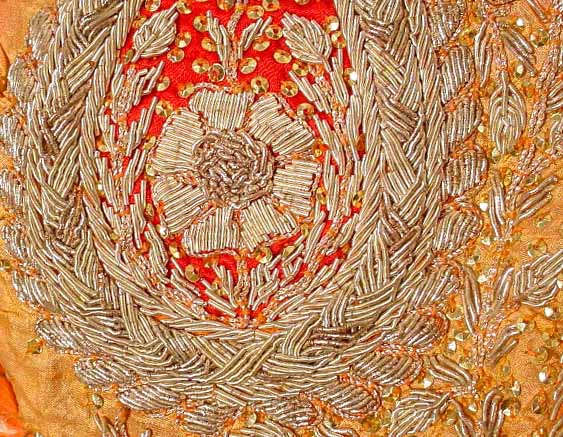===
0108,
10
===

=== |
 |
maahiyyat : 'Substance, essence, quality; state or form of being, nature, constitution; intrinsic worth, value; —state, condition, circumstances; matter of fact'. (Platts p.987)
maahii : 'A fish; (in Myth.) the fish on which the earth is supposed to rest'. (Platts p.987)
;Go:tah khaanaa : 'To be dipped, to suffer immersion; to dive; —to be deceived; to travel in a miry or treacherous road; —to stray, wander, lose (one's) way'. (Platts p.773)
:tuufaan : 'A violent storm of wind and rain, a tempest, typhoon; a flood, deluge, inundation; the universal deluge; a flood or torrent (of obloquy, &c.); —a commotion, noise, riot'. (Platts p.754)
FWP:
SETS == A,B; GRANDIOSITY; HUMOR; MIDPOINTS
MOTIFS
NAMES
TERMS == ZILAThe irresistible cosmic (and comic) wordplay of maahiyyat , with its lofty meaning of something like 'quiddity' and its sudden, ludicrous, but un-ignorable sense of 'fishness', is surely at the heart of the verse. For after all, if Mir didn't intend to be witty, why cause the fantastically abstract and grandiose 'essence/quality of the two worlds' to be imagined as 'diving' or 'sinking' or 'wandering'? To celebrate this delightful and pomposity-deflating effect, Munster's famous page of sea monsters (with modern hand coloring) is included below.
In the second line, yih dil occupies a 'midpoint' position-- it can be read either with the first half of the line ('this heart is a single drop of blood') or with the second ('this heart of ours is a typhoon'). Similarly, hamaaraa could in principle be made to modify 'drop', 'blood', 'heart', or 'typhoon'. The rudimentary and flexible grammar of the second line thus permits a variety of readings. In this verse none of them seem that different from each other; but it's good to keep our analytical tools sharpened.
In any case, this is an 'A,B' verse, in which the grammar and imagery of the two lines are entirely independent. How are the lines to be connected? Do they describe the same situation, or contrasting situations? Is one a cause and the other an effect? Are some particular elements in them to be metaphorically identified? For example, might the 'essence of the two worlds' in the first line be the same as the 'drop of blood', or the 'heart', or the 'typhoon' in the second line? Since the level of abstractness is so Ghalibian, lots of possible forms of 'connection' are put out there for the reader's choice, to enable the verse to achieve that good old (bad old?) do-it-yourself effect.
And meanwhile, Ghalib makes his own typhoon not from a blood-drop, but from a teardrop:
G{6,6}.